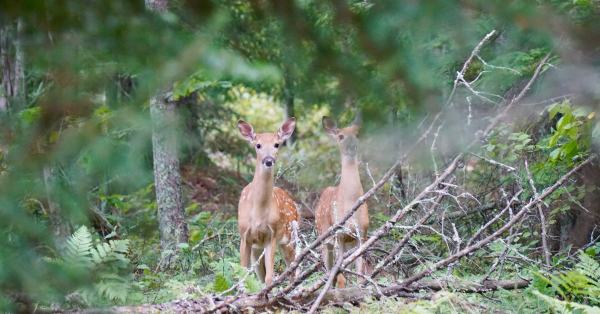
Wild deer in the Illawarra are here to stay.
They're officially considered a pest, and there have been multiple incidents of interactions between the mammals and local residents in recent times.
Who can forget the time deer were spotted on a rock shelf at North Wollongong Beach, sparking a rescue mission last year?
There are now fresh calls for an increase in funding allocated to wild deer management across the region.
Keira MP Ryan Park has addressed New South Wales Parliament this week, aiming to highlight what he argues is "a severe lack of resources to manage the economic and environmental impacts of deer in Wollongong."
Local Land Services South East, alongside Wollongong Council lead the ‘Illawarra Wild Deer Management Program’, but there are concerns deer numbers continue to rise.
Local Land Services South East General Manager, Anthony Marshall says if they had more money, they could obviously carry out more work.
Mr Marshall says the goal of the program "is the supression of the population growth, so eradication isn't an option."
"Our main goal is to keep the population at the same level, or declining. It's actually not possible to eradicate them with this program."
He says the challenge in the Illawarra "is we have an established deer population adjacent to a relatively dense human population, so you're going to get those incidents of collision, depending on where the deer move."
Since July 1 this year, there have been 15 active shoot nights with 120 deer removed.
Since the program began in 2011, around 3,000 have been removed.